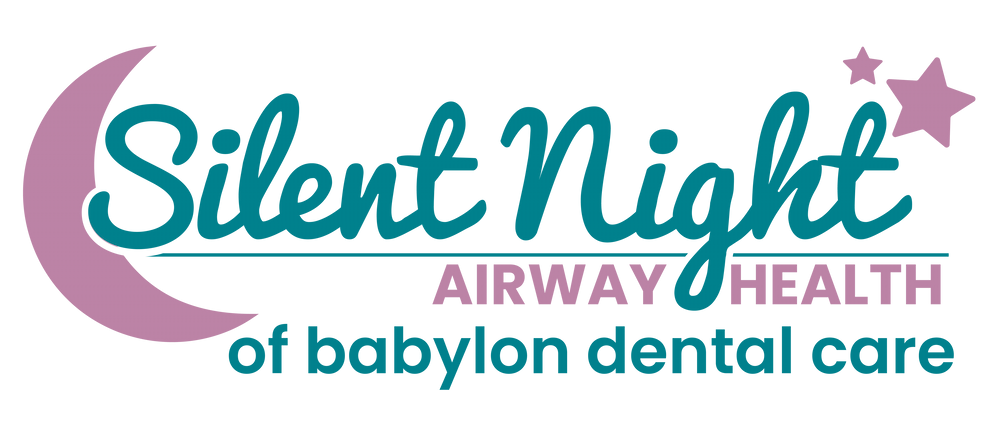Two Diet Changes Can Improve Sleep Duration — With a Surprising Pokémon Connection
Posted By:
November 20, 2025
6:09 PM

 Will a diet change help you sleep longer? Recent research from Japan suggests that the answer is yes—what you eat can affect how long and how well you sleep. Scientists analyzed data from more than 4,800 users of two smartphone apps: Pokémon Sleep and Asken. The first uses a gamified format to track sleep quality, and the second records daily nutrition.
Will a diet change help you sleep longer? Recent research from Japan suggests that the answer is yes—what you eat can affect how long and how well you sleep. Scientists analyzed data from more than 4,800 users of two smartphone apps: Pokémon Sleep and Asken. The first uses a gamified format to track sleep quality, and the second records daily nutrition.
The data revealed that certain dietary patterns appear to lengthen total sleep time and reduce nighttime wakefulness. In particular, higher protein and fiber intake were linked to better rest, while diets high in fat and sodium yielded shorter and more restless periods of sleep. These findings highlight how small dietary adjustments can directly improve sleep health for patients in New York.
How Diet Influences Sleep Quality and Duration
Researchers found that dietary balance plays a measurable role in sleep quality. Participants who consumed more protein slept ten to 11 minutes longer on average. Higher fiber intake also led to longer, more stable sleep and quicker sleep onset.
In contrast, participants who ate more total fat, especially saturated and monounsaturated fats, slept fewer hours and spent more time awake during the night. However, polyunsaturated fats, such as those in fish and walnuts, improved sleep onset and stability. A high sodium-to-potassium ratio, common in diets high in processed foods, also reduced sleep duration.
Overall, the data show that the types of nutrients you eat matter as much as how much you eat. The findings suggest that improving your diet could help you achieve deeper, more restorative sleep.
Foods That Help You Sleep Longer and Deeper
Certain foods naturally support better sleep through their nutrient content:
- Lean proteins such as fish, eggs, tofu, and beans promote longer sleep by supplying amino acids that aid in serotonin production.
- High-fiber foods like whole grains, fruits, and vegetables reduce nighttime wakefulness and help you fall asleep faster.
- Fatty fish, walnuts, and flaxseeds provide polyunsaturated fats, which can stabilize sleep patterns.
- Dairy products and milk also offer a mix of protein and minerals that contribute to longer total sleep time.
- Potassium-rich foods like bananas, avocados, and leafy greens can offset some of sodium’s negative effects on sleep.
Together, these healthy foods can help you regulate energy, reduce nighttime wakefulness, and promote consistent rest.
The Effects of Caffeine and Alcohol on Sleep
Caffeine and alcohol both interfere with the body’s natural sleep cycle. Caffeine, found in coffee, tea, and many sodas, blocks adenosine receptors in the brain and delays sleep onset. Even moderate caffeine intake early in the day can shorten total sleep time and decrease deep sleep quality.
Alcohol might make users feel drowsy at first, but it disrupts the later stages of sleep and increases wakefulness during the night. People who drink before bed often experience lighter sleep and more frequent awakenings.
You can improve your sleep quality by limiting your caffeine intake to the morning hours and avoiding alcohol for at least three hours before bedtime. A reduction in both can make a noticeable difference in how refreshed you feel each morning.
Foods to Avoid Before Bed
Eating certain foods close to bedtime can interfere with your ability to fall or stay asleep:
- High-fat and fried foods take longer to digest and can cause discomfort that delays sleep.
- Sugary snacks and desserts trigger blood sugar spikes and crashes, which can lead to restlessness or early awakenings.
- Processed and salty foods increase the body’s sodium-to-potassium ratio, which has been linked to shorter sleep duration and more nighttime wakefulness.
- Spicy foods can also raise body temperature and cause heartburn.
Lighter, more balanced meals in the evening support better rest. Choose whole foods over processed ones before bed to help your body settle naturally into a more stable sleep rhythm.
Meal Timing and Sleep Health

Regular meal times during the day also promote consistent circadian rhythms and make it easier to fall asleep at night. If you align your eating schedule with your body’s natural clock, it can help you achieve longer, better-quality sleep each night.
Personalized Solutions for Better Sleep
If diet changes alone haven’t improved your rest, Silent Night Therapy can help you find lasting solutions. Our team uses at-home testing and personalized sleep treatments to identify what’s keeping you awake and how to fix it. Whether you’re dealing with snoring, sleep apnea, or frequent fatigue, we tailor every treatment to your needs. Contact us online or call us today at (631) 983-2463 to arrange your initial consultation and take the first step toward better sleep.

